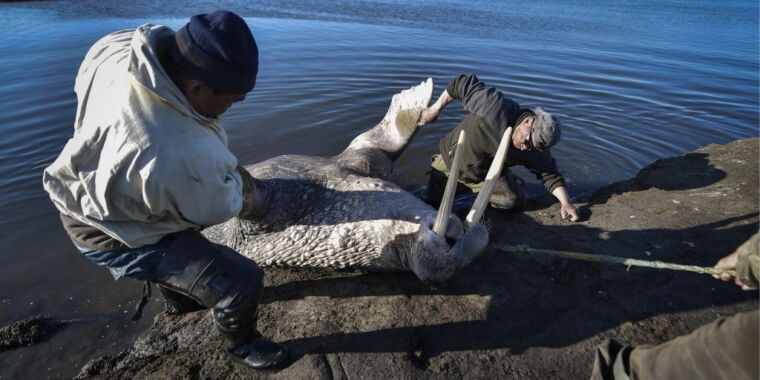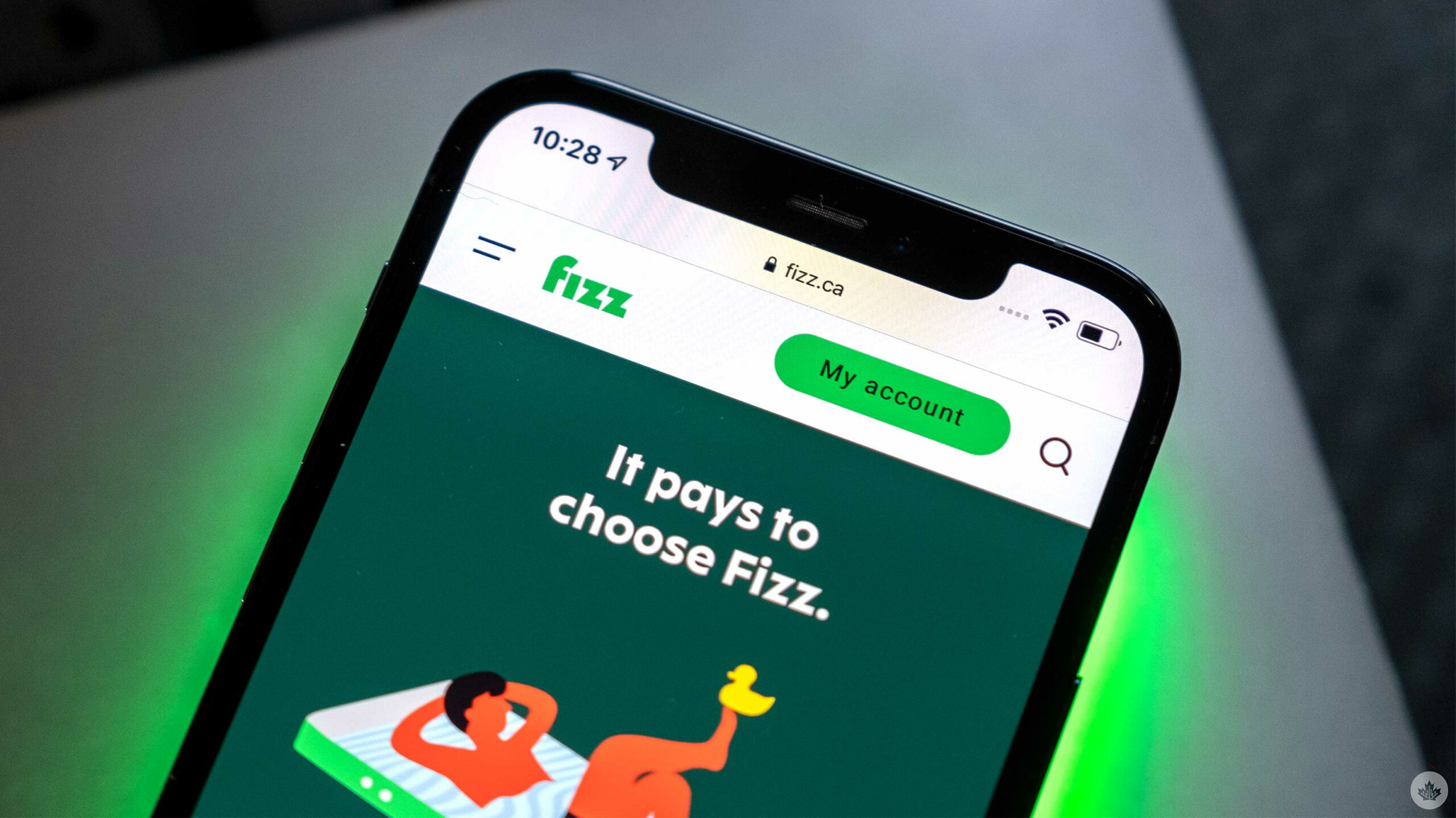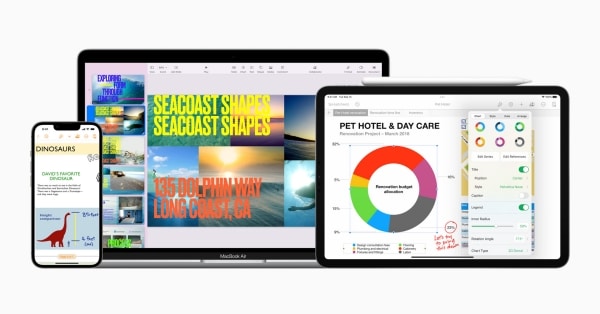
4 MARCH, 2022
IN PARTNERSHIP WITH

TGIF 🎊
How did your week go?
The week’s been a bit shaky for TikTok. First, it announced its 10-minute feature. And then, the US announced that the platform would be investigated for its potential harm to the mental health of young persons.
With over 1 billion active users per month, a lot of who spend an average of 24 hours per month on the app, Tiktok is one of the most engaging social media platforms.
It’s also one of the fastest-growing sources of misinformation, especially for impressionable people. There are harmful DIY videos from content farms, and traumatising clickbait from half-clad men playing dressing up and So You Think You Can Smolder.
Well, a coalition of US state attorneys has launched an investigation into how TikTok operates including the data it collects and whether or not its algorithm can be harmful.
The last time this was done was on Facebook and Instagram where many revelations were made on the harmful effects of the apps.
What will TikTok’s verdict be? Time will tell.
In today’s edition
- Quick Fire 🔥
- Facebook’s content moderators in Kenya receive a pay raise
- Nigeria’s ID-eal opportunities
- TC Insights: Funding Tracker
- Job opportunities
QUICK FIRE 🔥 WITH AGNES MUTHONI
In celebration of Women’s History Month, all editions of Quick Fire for March will feature the inspiring African women making history in the tech ecosystem.
Today, it’s Agnes Muthoni.
Agnes is the Director of Strategic Partnerships, Andela Learning Community.
Explain your job to a five-year-old
I look for partners that help my company build and run educational programs for software engineers to become the best in their careers. We help thousands of software engineers get jobs in different countries across the globe and connect companies who want to employ software engineers to hire the best engineers.
What’s something you wish you knew earlier in your career/life?
I wish I talked more about my struggles with imposter syndrome. When you scratch the surface, you’ll see that you are not alone. Chances are many other people are feeling the same doubts, inadequacies and fears. I recently hosted Seni Sulyman, a former colleague and friend, on my podcast. During our conversation, Seni opened up on his bouts of self-doubt at different stages of his career. This kind of vulnerability is what we need to talk about widely as it provides invaluable perspective and relatable wisdom for getting back in the game.
What’s the most promising thing about tech in Africa?
This is an interesting question! I think there are a couple of key dimensions fueling the growth of the digital economy in Africa that makes the next couple of years exciting to watch. First, the remote working model has given people more flexibility in choosing where to work and live. The second is the ground-breaking innovations in tech across Africa.
With these key dimensions, we have seen talents become startup founders and raise funding. Last year, we saw a record of +5 high-growth startups in Africa attain unicorn status including Andela. This startup success points to a bright future for the tech ecosystem in Africa.
How can tech startups in Africa build and retain more talent?
With the constant evolutions in technology and the rise of more companies across the globe, the talent landscape has shifted dramatically over the last decade. Sourcing, screening, up-skilling and retaining talent has become a challenge that tech startups founders and enterprise organisations face.
In Kenya, where I live, the country is experiencing a shortage of tech talent, resulting in tech talent wars. This is not just an African problem, but a global challenge.
Tech startups in Africa should invest in educating and nurturing talents as well as build partnerships with global talent companies like Andela to source the best talents for their companies in Africa and globally.
What (singular) achievement are you most proud of?
Raising and nurturing a global team of future leaders who have built successful careers is the thing I am most proud of. I am really excited when I see and hear about some of them who are pulling giant strides, building hyper-growth startups in Africa and beyond.
What’s one misconception businesses make about partnerships?
One of the most powerful key attributes of strategic partnerships is building leverage through business partners. Strategic partnerships are mutually beneficial to all parties involved and not just for one business. Partnerships complement the competencies and strengths of each other, generating true value creation for all entities.
What do you think about Web3?
In my view, Web3 presents more opportunities for technologists to create, connect and have more ownership over their craft. As we move towards a more decentralised internet where trust is encoded within each block and the information can be viewed and verified by a community of users, this opens up more pathways for technologists to learn, grow and get matched with capital. This, in my opinion, gives more people the chance to express their human ingenuity and creativity.
BARTER FOR TIPS
Yet to get paid for your hilarious tweets?
Simply add Barter to your Twitter profile and start accepting tips and donations from your followers.
Learn how to set up Barter for Tips.
This is partner content.
A PAY RAISE FOR KENYAN CONTENT MODERATORS
Remember last month’s story on how content moderators for Facebook in East Africa were being underpaid and underappreciated?
Well, we’ve got good news.
Quick, catch me up!
ICYMI—cool slang for “In case you missed it”—mid-February, TIME revealed that content moderators for Facebook in East Africa were underpaying their employees.
The administering company, Sama, was also assessing each moderator’s performance based on how much screen time and posts they clock in, a metric Facebook previously denied in 2018.
Due to the often disturbing nature of their work, a number of moderators have been diagnosed with PTSD and trauma, conditions they can’t treat because they were underpaid. The moderators even tried to protest back in 2019 but were promptly shut down after the strike leader, Daniel Motaung, was fired for putting the company “at risk”.
What’s happening now?
Time will tell.
No, really. TIME revealed that Sama, the administering company for Facebook, has taken some steps to placate its moderators.
On March 1, the company announced that moderators would receive a 30%–50% increase in their salaries. The lowest-paid employees will have their earnings increased from $1.50/hr to $2.20/hr.
This comes after the company made a blog post decrying TIME’s article and stating that it paid its employees fairly. During the raise announcement, Sama mentioned that the raises were not a result of TIME’s article but a consequence of time.
Zoom out: Is it enough though? Facebook content moderators in the US are paid a starting salary of $18/hr and their working hours are a bit fairer than what Sama employees report. While some Sama employees are happy about the raises, others are understandably unimpressed with how low they earn compared to their counterparts across the world.
THE CRYPTO APP YOU’LL LOVE
At Busha, we want everyone everywhere in Nigeria to have access to crypto. That’s why you can buy as low as ₦250, set recurring buys, get the best rates, and soon 🤐 on Busha. Join 300,000+ Nigerians already using Busha.
This is partner content.
NIGERIA’S ID-EAL OPPORTUNITIES
Globally, about 1.7 billion adults are unable to open bank accounts, vote or even buy sim cards. Why? Because they don’t have proper digital identification.
Of this number, about 500 million live in sub-Saharan Africa where they can’t get access to socio-economic benefits because they are basically invisible.
Think about it, everything you need to do these days, you need an ID.
Let’s take Nigeria for example. Need to buy a sim card? You’ll be asked for your National Identity Number (NIN). Need to open a bank account? You’ll need a Bank Verification Number (BVN), your NIN, your international passport or your Voters’ card. Need to register on any of the budding fintechs we have? You’ll still need your BVN. That means digital access, inclusion and the many benefits of the digital world we’re in right now, all would be inaccessible without digital IDs.
Yet, millions of people still don’t have it. In Nigeria, about 100 million people don’t have any recognisable form of ID, about half of the population.
Are IDs important though?
Other than the benefits above, which are to the ID holders, here’s what proper digital identification means for institutions.
By 2023, about $8.3 trillion will be channelled into digital transformation agendas worldwide. Why? Because digital transformation and identification help states and private institutions in a number of ways.
For states, it helps keep tabs on taxpayers, streamline government services, enhance voting measures and disburse benefits so COVID palliates go into the right storerooms. For institutions, digital IDs help ease registration, boost KYC mechanisms and help you gather useful information on who your consumers [and workers] are.
So why aren’t more people getting IDs?
A bunch of different reasons.
In Nigeria, VerifyMe—a platform offering digital identity and verification services—posits that one of the reasons for low registration for digital ID is the lack of incentives for registration. If most Nigerians can already access the basic utility they need with whatever non-digital identification they have like birth certificates or certificates of origin, what’s pushing them towards digital IDs?
Another reason is the lengthiness of the registration process. In a country where customers can spend hours in line to log complaints that are barely attended to, the registration processes for digital identification are tedious. There’s also the duplicity of processes i.e. the need to register for both BVNs and NINs when either could work and lack of consequences for non-registers.
The way out?
Here are a few ideas.
The first is assessing the different forms of userbases that exist and prioritising. Next, there’s the need to create policies that incentivise registration.
In its latest report, VerifyMe examines the state of digital identification in Nigeria and gives some advice on what the state can do to create an IDeal society.
RELIABLE PAYMENT SOLUTIONS WITH FINCRA
Fincra provides APIs for making and receiving local & international transfers in EUR, GBP & NGN.
Our APIs fit into all payment applications allowing fintechs to offer virtual bank accounts in multiple currencies.
Sign up for a demo here.
This is partner content.
TC INSIGHTS: FUNDING TRACKER
This week, Pay-As-You-Go fintech, M-KOPA received $75 million in funding. The round was co-led by Generation Investment Management and Broadscale Group. CDC Group, LGT, and Lightrock took part in this round alongside LocalGlobe’s Latitude Fund and HEPCO Capital Management.
Here are the other deals for the week:
- South African crypto exchange VALR raised a $50 million Series B round putting its value at $240 million. The round was led by Pantera Capital with participation from Alameda Research, Cadenza, CMT Digital, Coinbase Ventures, Distributed Global, GSR, existing investors Bittrex and 4Di Capital, and others.
- Egypt-based logistics startup Milezmore raised $5 million in pre-seed funding from social commerce platform Brimore.
- Egyptian agritech, FreshSource, closed a seven-figure USD seed round led by 4DX Ventures and Wamdaas.
- Sudo Africa, a fintech API for developers and businesses in Nigeria, received $3.7 million in pre-seed funding in a round led by Global Founders Capital (GFC). Participating VCs include Picus Capital, LoftyInc Capital, Rallycap Ventures, Kepple Africa, Berrywood Capital, ZedCrest, and Suya Ventures.
- Fintech startup, Stax raised a $2.2 million seed extension which was co-led by World Within Ventures and Noemis Ventures. Anthemis Group, Orange DAO, 500 Startups, Garuda Ventures, and GAN Ventures were also present on the cap table.
- Ivorian healthtech, Susu closeda $1 million pre-seed to enable it scale across Africa.
- Cartnshop, a retailtech startup in Kenya raised $400,000 from various business angels in preparation to commercialise in April.
- Moroccan B2B e-commerce and retail startup Chari, acquired Axa Credit, the credit arm of Axa Assurance Maroc, for $22 million.
That’s it for this week!
Follow us on Twitter, Instagram, and LinkedIn for more updates.
JOB OPPORTUNITIES
We’re hiring for a couple of roles at Big Cabal Media (BCM). Supercharge your career with us! There are a few other openings too.
- Big Cabal Media – Sales Associate, SEO Editor, Paid Media Manager – Lagos, Nigeria
- Zikoko – Copywriter – Nigeria (Flexible)
- Paystack – Head of Finance, Automation Engineer – Africa (Remote)
- Microsoft – Senior Product Marketing Manager, Senior Data Technician – Johannesburg, South Africa
- Amref Health – Communications Officer, Business Development Manager – Nairobi, Kenya
There are more jobs here. You can also submit any listings you have at bit.ly/tcxjobs.
What else we’re reading
- Chari is set to acquire the credit arm of France-based Axa Assurance in Morocco for $22 million.
- Meet Sarah Essien, VerifyMe’s new COO.
- Tesla is making supercharging free of charge for any electric car owners fleeing Ukraine.
- The Felicity Ace, a cargo ship carrying $400 million worth of luxury cars has sunk in the Atlantic.
SHARE #TCDAILY ON LINKEDIN
Note: This article have been indexed to our site. We do not claim legitimacy, ownership or copyright of any of the content above. To see the article at original source Click Here





















